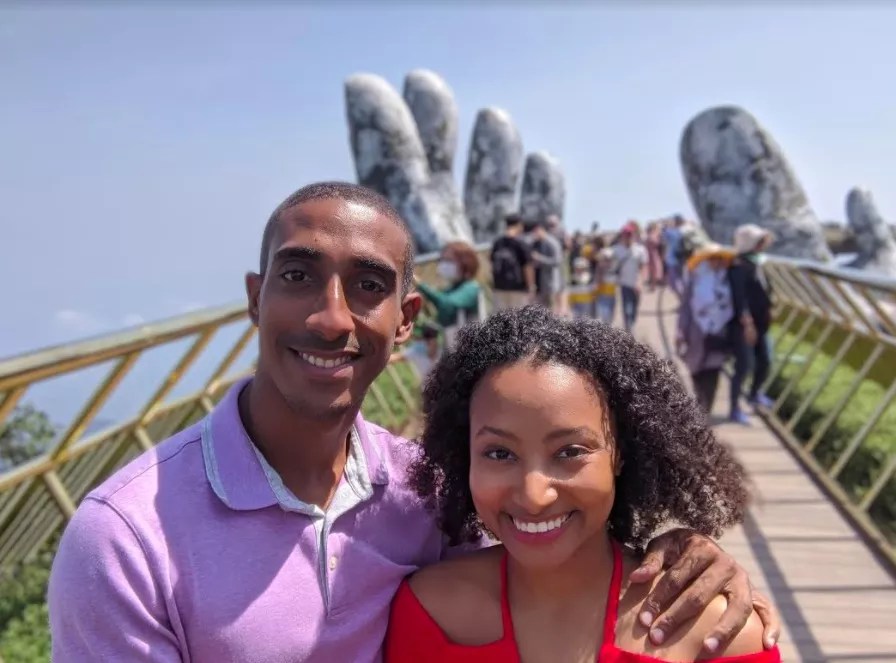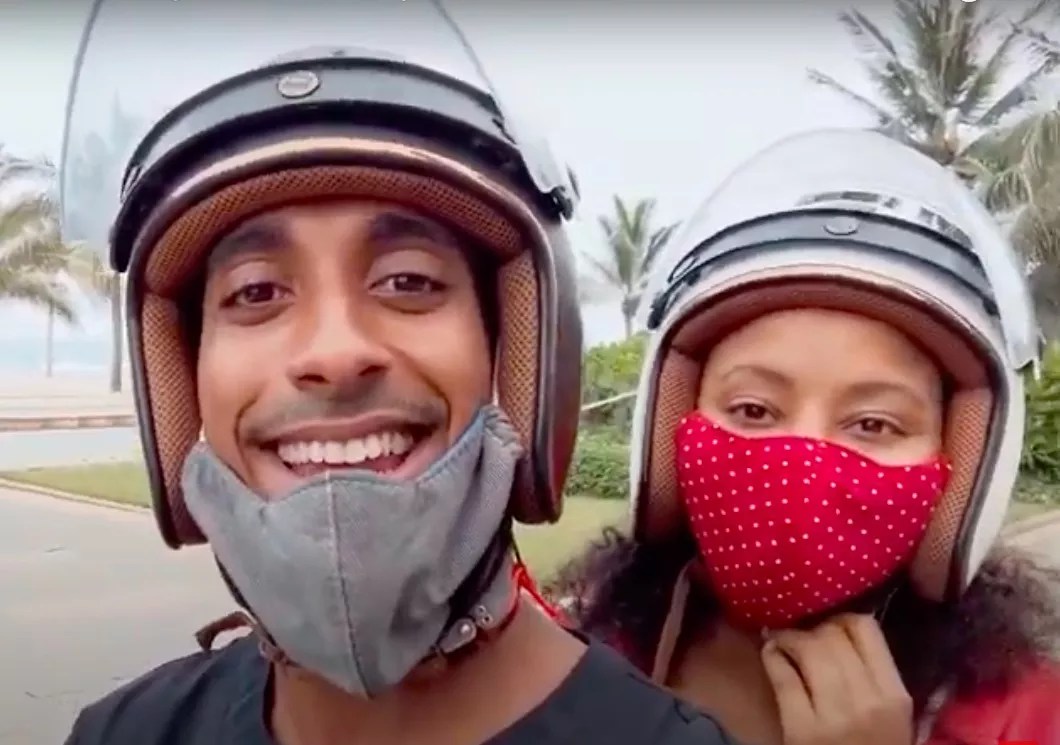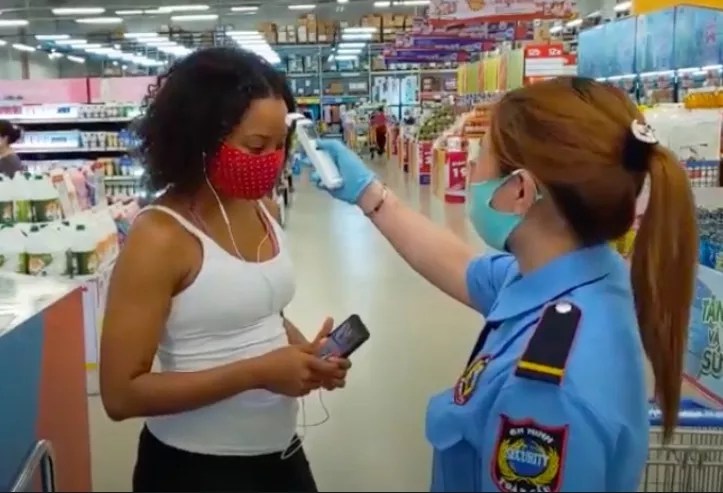
Photo by Ralph Clesca

Audio By Carbonatix
Back in mid-March, Miami joined the rest of the nation in what at the time was branded as a “pause” on, well, just about everything. After witnessing the devastating impact the novel coronavirus had on Italy and China, the U.S. battened down the hatches and Americans took shelter. With less than a few hundred confirmed cases and even fewer related deaths here, physical distancing and other measures that would have seemed alien in February became commonplace in March.
Now that parts of the country are beginning to reopen for business, the damage is apparent and even worse than many ever thought possible: More than 1.1 million infected Americans and over 80,000 lives lost – a number that has eclipsed the U.S. death toll for the entire Vietnam War.
Eventually, researchers will determine exactly why the U.S. became far and away the nation hardest hit by the virus. For now, however, it would be smart to look to the countries that got it right early – most notably, the aforementioned Vietnam.
As of this week, Vietnam – a communist country that borders China, where COVID-19 originated – has reported fewer than 300 total infections and not a single death. None. Not one person in a nation of nearly 100 million has perished from the virus that to date has killed a Super Bowl stadium worth of Americans. Vietnam’s success against the virus boggles the mind; its hospitals remain emptier than usual and its funeral homes report less-than-normal business. Schools have recently reopened. Life has returned to normal in some cities.
For those wondering how Vietnam did it, a Miami couple can offer some insight into why Southeast Asia has been a much safer place than Southeast Dade County.
This time last year, Ralph and Christina Clesca, a married couple from Kendall, moved to the beach town of Da Nang, Vietnam, to teach English and switch things up a bit overall. Their YouTube channel has documented their move from the 9-to-5 grind of Miami-Dade to the laidback lifestyle of Vietnam.
Until recently, everything was going according to plan. Then – just as it has for everyone else – shit got crazy. The Clescas were lucky, in that they both teach English to students online, so the pandemic didn’t alter their work life.

Ralph and Christina Clesca
Photo by Ralph Clesca
According to the couple, the situation in Vietnam never got too out of control, in large part thanks to fast action and logic. Everyone braced for the damage we’ve seen here in the States, but what they’ve actually seen occur can only be compared to the relief Miamians feel when a Category 5 hurricane makes a sudden turn in the Atlantic and barely skims South Florida.
“Vietnam took it very seriously from Day 1,” Ralph tells New Times. “They understood that they likely would have had trouble handling the overwhelming number of cases the U.S. is now seeing, so they were one of the first to close their borders and prevent travel from infected areas. Here, they first halted all flights from infected areas, then they closed all borders, then they announced that they would quarantine everybody who entered Vietnam for 14 days. After that, they tracked down and tested everyone who had entered Vietnam after a certain date, including a friend of mine.”
Wearing facemasks as we go about our daily lives is a concept with which Americans are almost entirely unfamiliar (and a volatile topic for some who refuse). But in Vietnam, they’ve long been a fact of life, especially for the many Vietnamese for whom the motorbike is the main mode of transportation.
So mass mask-wearing was no huge deal.
To the contrary, says Ralph, “If you were seen in the streets not wearing a mask, the locals would let you know how irresponsible that is. I even saw individuals getting called out on Facebook groups. This is how serious everyone was about it here, but it has proven to be effective.”

Christina Clesca has her temperature taken at a store in Vietnam.
Photo by Ralph Clesca
Ralph says it’s become commonplace to have his temperature checked when he goes to the grocery store or anyplace else people tend to gather. Moreover, he says, he hasn’t had any issues finding just about any of the necessities of daily life, including toilet paper, masks, and the 40 coconuts he and his wife consume each week.
If an American wanted to enter Vietnam today, they would be faced with a 14-day mandatory quarantine. Visitors are escorted directly from the airport to designated buildings in the city where security guards ensure the safety (and the cooperation) of the quarantined community.
“As most of the cases here came from travelers coming from many different locations in the world, I would say that there is a very small sense of caution towards foreigners who recently entered Vietnam during the pandemic, which is understandable,” Ralph allows. “The locals remain very friendly through it all, though, as long as you show that you care by wearing a mask and showing that you are not being careless.”
Despite being far from home during the pandemic, the Clescas say they have no regrets about where they wound up.
“We absolutely love it here in Vietnam,” Ralph says. “Miami has been great to us, but we are at a different stage in our lives where we want to explore the world, so even when we leave Vietnam, we will likely end up somewhere new to us.”